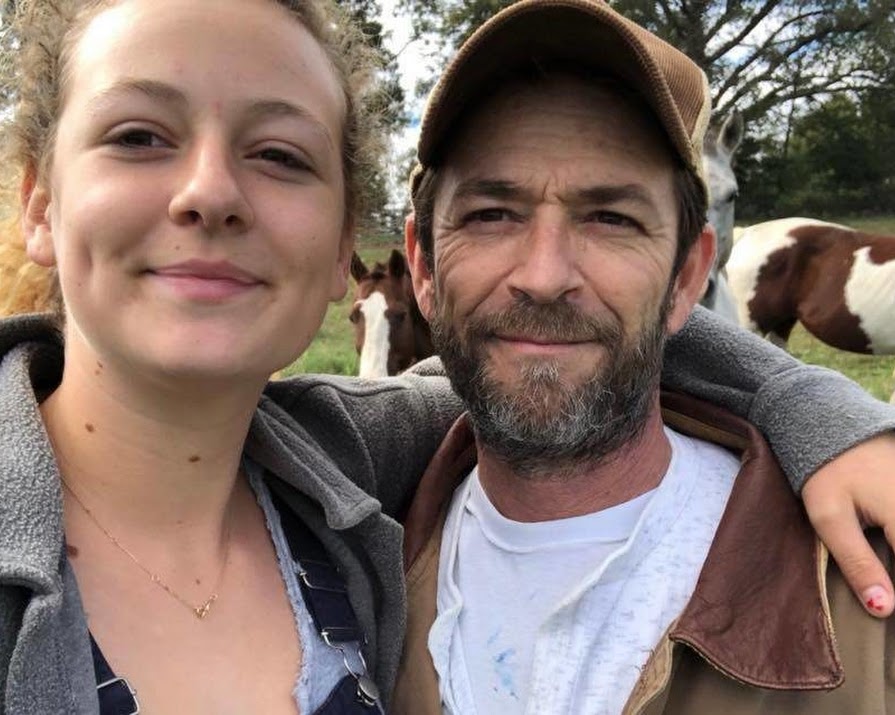
‘I didn’t ask for this’: Why do we feel the need to judge how others grieve?
By Jennifer McShane
14th Mar 2019
14th Mar 2019
Social media almost came to a standstill last week when the deaths of two very well-known and beloved public figures came to pass. Beverly Hills 90210 heartthrob Luke Perry died of a stroke at just 52. Prodigy frontman Keith Flint also passed away in equally tragic circumstances at 49.
The grief was palpable on the internet. I saw most tweets about Perry (being a Riverdale fan) and I understood the loss as much as anyone can when a stranger dies. But for so many, neither Perry nor Flint were strangers. Perry’s photo graced the bedroom walls of so many teens that the marks from them are likely still there. He was the first serious crush for millions; he represented the descent into young adulthood we so yearn for as we reach a pivotal stage in our lives.
We are right to express our grief for those who impacted our lives in some form – it can have a positive effect.
Grief unites at a time when it’s so easy to feel alone; the outpouring on Twitter seemed to take away at least some of the shards and stings of sadness.
Are we, however, right to criticise others for how they express their grief?
Justifiable grief
This is the question Perry’s eighteen-year-old daughter Sophie Perry has had to deal with since the untimely passing of her father. She initially expressed thanks for the outpouring of support she received from fans (she has been thrust into the public spotlight as a result) but was forced to re-address it when online trolls felt she wasn’t grieving as a bereaved daughter apparently should.
“I’m here to say that I did not ask for this attention, I did not ask to be thrown into some virtual spotlight, and while I don’t mean to offend anybody, I’m also not going to cater to any one else’s needs and beliefs.”
View this post on Instagram
“YES, I am hurt and sad and crying and beside myself with what happened to my dad. It’s the worst thing to ever happen in my life. And I am torn the f*ck up over it. But I’m not going to sit in my room and cry day in and day out until the internet has deemed it appropriate for me to do otherwise,” she wrote in a poignant post on Instagram.
“To those of you shaming me for my language and my wardrobe and most disgustingly, my grieving process, do us both the favour and just unfollow.”
The fact that Perry’s daughter feels the need to have to justify her grieving process is both sad and disturbing.
Grief is not linear.
It doesn’t flow one way or another; it doesn’t come with rules to follow.
The grieving process is deeply personal and excruciatingly painful – without the barbs from hateful corners of the internet.
And this outpouring of judgement doesn’t end with Sophie. What about those who get angry at anyone who did not know the deceased at all for expressing their sadness?
People who get angry about other people’s grief both perplexes and frightens me. Sadness, especially over the loss of a fellow human, is a very personal emotion. One we all are entitled to feel and express.
To sneer, to make them feel guilty about caring about a person they felt connected to – in whatever way that may be – will never be justifiable.
Grief is grief.
So, save your online indignation and leave those who would grieve in peace.
Main photograph: @lemonperry






















